60-year-old giant tortoise on display at Ghana’s WTD celebration
Two giant tortoises stole the show at the 2019 World Tourism Day (WTD), held at the Centre for National Culture, Kumasi.
The two rare-species tortoises aged 40 and 60, were put on display at the ‘Wildlife Stand’ of the exhibition, to showcase the nation’s rich biodiversity.
Also on display was a royal python, a non-venomous type of snake.
The teeming participants, including some visiting Africans in the Diaspora, as well as visitors from abroad, could not help but visit the Stand to catch a glimpse of the animals.
Each weighing more than 50 pounds, the giant tortoises are some of the oldest rare surviving wildlife the nation could boast of.
Ms. Cornelia Danso, an Official of the Wildlife Division of the Forestry Commission, speaking to the Ghana News Agency (GNA), Kumasi, affirmed their resolve to protect wildlife.
This is because those animal species were vital components of nature which ought to be taken care of in order to prevent them from becoming extinct.
The Commission also exhibited a pictorial layout of the variety of animal species the nation was left with at her conservation sites and national parks.
Ms. Danso hinted that Ghana’s wildlife estate consists of 23 sites, made up of seven national parks, six resource reserve, two wildlife sanctuaries, five coastal Ramsar sites and one strict nature reserve.
“Seeing the potentials of these sites for ecotourism, the Wildlife Division has opened the map for domestic and international visitors,” she told the GNA.
The exhibition was held under the auspices of the Ghana Tourism Authority, displaying the various districts and their tourism potentials, especially in the area of cultural, geo and ecotourism.
“Tourism and Jobs; a Better Future for All,” was the theme for this year’s celebration.
Source: GNA
Essence Full Circle Festival Launches in Support of Cultural Ownership and Economic Collaboration in Africa and Building Bridges Between Africans on the Continent and in the Diaspora
NEW YORK–(BUSINESS WIRE)–Sep 24, 2019–
Essence Ventures, an independent Black-owned consumer technology company merging content, community and commerce to meet the evolving cultural and lifestyle needs of people of color and the parent company of Essence Communications, Inc., today announced that it has partnered with Full Circle Festival, LLC to create the ESSENCE Full Circle Festival. The ESSENCE Full Circle Festival partnership will focus on a three-part mission: (1) supporting cultural ownership and economic collaboration among Africans on the continent and people of African descent in the Diaspora; (2) connecting Black communities globally for the exchange of ideas and shared objectives that leads to cultural monetization and community reinvestment; and (3) facilitating the learning and discovery of the many facets of Africa’s beauty, excellence and opportunity globally. In addition, the annual ESSENCE Full Circle Festival experience will focus on showcasing African nations increasingly as global destinations by highlighting their critical roles as ancestral, spiritual, cultural and commercial epicenters.
“As someone born and raised in West Africa and who has spent adulthood in the U.S., there is no greater joy than forging partnerships with a purpose rooted in the elevation and the promise of the people of the African continent and the Diaspora,” said Richelieu Dennis, founder and chair of Essence Ventures. “My family and I spent three decades building a global beauty business and business model that empower, among others, women Shea butter processors in Northern Ghana – women just like my grandmother. We believe economic inclusion is a human right, and now with ESSENCE Full Circle Festival, our continued goal is to be catalysts and connectors for long-term economic empowerment, growth and cross-sector job creation in Black communities globally through increased engagement, innovation, entrepreneurship, and investment.”
The 2019 ESSENCE Full Circle Festival will take place in Accra in December and complete the Year of Return commemoration – marking 400 years since the first slave ships left Ghanaian coasts for the transatlantic slave trade. This specially-curated, week-long immersion will enable engagement between U.S.-based cultural influencers and business executives with Ghanaian and regional leaders and communities, including explorations of history, cuisine, music, fashion, beaches, nightlife, commerce and more.
“This partnership recognizes Ghana’s role as a beacon for people of African descent in this Year of Return,” said Ghanaian President Nana Akufo-Addo. “The Year of Return, Ghana 2019, is a conscious effort to cement our pan-African legacy. Throughout the Year, the Tourism Authority has worked with several partner organizations to welcome home our brothers and sisters from the Diaspora. The Essence Full Circle Festival is a welcome addition to the activities and will hopefully become one of the legacies of the year which celebrates African resilience.”
The inaugural Full Circle Festival also included the participation of President Akufo-Addo and took place in Accra in December 2018, led by Full Circle Festival, LLC partners Boris Kodjoe, Patrick Kodjoe, Bozoma Saint John – all of Ghanaian descent – and Nicole Ari Parker. More than 120 invited guests including business executives, influencers, and celebrities from the United States traveled to Ghana for cultural engagement and ancestral reconnection, resulting in nearly 10,000 positive social media posts and half a billion media and social impressions, as well as an estimated economic impact of more than $70 million in tourism revenue.
The 2019 ESSENCE Full Circle Festival will include the first ESSENCE Global Black Economic Forum: Africa, which will convene entrepreneurs, executives, entertainers and government officials to discuss how new opportunities for economic development and cultural exchange can be created. This inaugural international Global Black Economic Forum will explore topics including connectivity within the African diaspora, environment and sustainability, post-colonialism, contemporary racial dynamics, entertainment and fashion industry growth, and other themes via a series of panel discussions, keynotes and interactive sessions. A solution-driven dialogue will be at the core of this event, which will include ESSENCE Full Circle Festival guests as well as local and regional participants.
“In furthering our mission to serve Black women deeply across the globe, ESSENCE is honored to answer the call to ‘Return’ with the creation of the ESSENCE Full Circle Festival, beginning with Ghana and subsequently extending across the continent,” said Michelle Ebanks, CEO of Essence Communications, Inc. “We are grateful to be able to use the power of our platforms and the influence of our networks to positively impact narratives about Africa, as well as positively impact the people of Africa and the Diaspora through cultural and economic exchange. We are thrilled to celebrate the Year of Return and our African ancestry, culture and achievement in the vibrant country of Ghana as we reconnect over our heritage, connect over new experiences and co-create viable opportunities for the future.”
To capture the diversity of images and narratives that truly reflect the country and culture, ESSENCE Full Circle Festival participants are encouraged to share their first-hand experiences via their social and digital platforms. In addition, select events will be livestreamed for broader community participation, engagement and input. Lastly, with the goal to inspire, encourage and assist as many people of African descent to visit the continent as possible, ESSENCE Full Circle travel packages will become available to the public in 2020.
“It’s so important that as people of African descent, we see and feel the beauty of the continent and the majesty of our people for ourselves,” said Full Circle Festival, LLC co-founder Boris Kodjoe. “There isn’t a more transformative and empowering experience than to honor the Year of Return and its 400-year history while in Ghana reconnecting with our cultural heritage, celebrating our ancestry and co-creating our future with our brothers and sisters on the continent. I hope that our ESSENCE Full Circle Festival partnership will ultimately encourage more people to visit nations across Africa, as well as serve as an example of the impact that can be made when we join in the spirit of collective purpose and progress.”
About Essence Ventures
Essence Ventures is an independent Black-owned consumer technology company merging content, community and commerce to meet the evolving cultural and lifestyle needs of people of color. The company began in 2017 and is chaired by its founder – entrepreneur, investor and social impact innovator Richelieu Dennis.
About Essence Communications Inc.
Essence Communications is the number one media company dedicated to Black women and inspires a global audience of almost 25 million through diverse storytelling and immersive original content. With a multi-platform presence in publishing, experiential and online, ESSENCE encompasses its signature magazine; digital, video and social platforms; television specials; books; as well as live events, including Black Women in Music, Black Women in Hollywood, Street Style and the ESSENCE Festival. Essence Communications is owned by Essence Ventures.
View source version on businesswire.com:https://www.businesswire.com/news/home/20190924005357/en/
Contacts
MEDIA CONTACTS:
Latraviette D. Smith-Wilson, Essence Ventures
latraviette@ngmventures.com
Dana Baxter, ESSENCE
dbaxter@essence.com
First International Coconut Festival to take place from September 24-26 at AICC
The maiden International Coconut Festival will be on 24th to 26th September 2019. It’s organized by the African Coconut Group together with the Ministry of Food and Agriculture. The theme for the event is ‘Promoting Export Diversification through a Robust Ghanaian Coconut Industry” and is set to take place at the Accra International Conference Centre. The festival aims at exploring the untapped potential of the coconut plant.
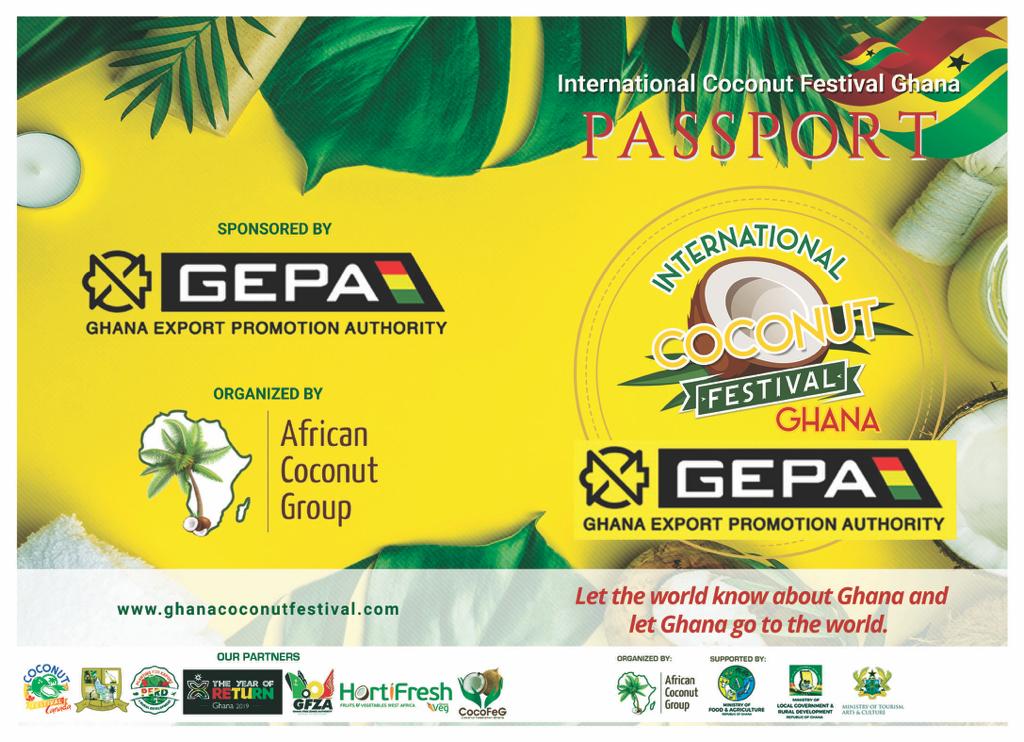
Coconuts are an untapped resource in Ghana and the festival puts attention on this crop as a new driver of Ghana’s agricultural economy. The industry has the potential to reduce unemployment numbers significantly. Coconuts are more than food, it’s also used in decorating, planting and biofuels.
All Set For UNWTO World Tourism Day & “Fun And Fly” Paragliding Festival
The Ghana Tourism Authority (GTA) under the auspices of the Ministry of Tourism, Arts and Culture is set to hold this year’s United Nations World Tourism Organisation (UNWTO) World Tourism Day from 25th – 27th September 2019 in Kumasi, Ashanti Region.
This year’s UNWTO World Tourism Day is under the Theme, “Tourism and Jobs, A Better Future For All”. The celebration is a special one as we commemorate the slave trade movement and celebrate African resilience in “The Year of Return, Ghana 2019”.
As part of the UNWTO World Tourism Day, the next edition of the corporate Paragliding Festival dubbed “Fun and Fly” will also be held from 27th to 29th September 2019 on Mount Odweanoma at Atibie – Kwahu in the Eastern Region.
Fun And Fly Paragliding 2019
Ghana joins the UNWTO member countries each year to celebrate World Tourism Day on 27th September. UNWTO began the celebration of World Tourism Day in the year 1980. India has been chosen to host this year’s UNWTO World Tourism Day. Its purpose is to foster awareness among the international community of the importance of tourism and its social, cultural, political and economic value. The event seeks to address global challenges outlined in the United Nations Millenium Development Goals (MDGs) and to highlight the contribution the tourism sector can make in reaching these goals. Ghana hosted the global community for the international celebration for the first time in 2009.
The Corporate Paragliding Festival which started in 2015 is the fourth in the series dubbed ”FUN and FLY”. It is organized for corporate entities and other organizations to make time off their busy schedules at their respective workplaces, network with each other and create bonds of relationships. It is an opportunity for passengers who could not fly during the Kwahu Easter paragliding to do so at this year’s Corporate Fun and Fly paragliding.
5 professional tandem Pilots from the United States of America and Switzerland and a Ghanian Solo Pilot have been invited for the festival.
The rate for a flight is Three Hundred and Fifty Ghana Cedis (GH 350). Provisions have been made for group tickets in respect of corporate organisations.
GTA launches Tourism Month
The month of September has also been designated by the GTA as the Tourism Month with several events including festivals to help the general public feel a part of the ongoing domestic tourism campaign of “SeeGhana, EatGhana, WearGhana and FeelGhana” aimed at boosting domestic tourism.
Activities outlined for the World Tourism Day includes;
- Exhibition of Local Products: Wednesday, 25th – Friday, 27th September 2019, Centre for National Culture (CNC) – Ashanti Region, Kumasi at 10 am each day.
- Float: Thursday, 26th September 2019 ( from CNC – Central Business District and Back to CNC) at 9 am.
- Symposium: Thursday, 26th September 2019, Centre for National Culture (CNC) – Ashanti Region, Kumasi at 5:30 pm
- World Tourism Day Grand Durbar: 27th September 2019 Centre for National Culture (CNC) – Ashanti Region, Kumasi at 10 am.
- Corporate “Fun and Fly” Paragliding Festival: 27th – 29th September 2019 – Kwahu, Atibie, Eastern Region.
Side attractions include – (King of the Mountain Cycling Competition – 28th September 2019 – Kwahu, Atibie
Display of assorted local foods and drinks
Join the Tourism Month to #SeeGhana #EatGhana #WearGhana #FeelGhana
World Tourism Day 2019: “Tourism and Jobs: A better Future for All”
As the day earmarked to celebrate tourism in the world draw closer, we share with you the official message of the Secretary-General of the World Tourism Organization (UNWTO) Ambassador Zurab Pololikashvili. This year’s celebrations will be held in New Delhi-India.
World Tourism Day is commemorated each year on 27 September, with celebrations led by UNWTO. Its purpose is to foster awareness among the global community of tourism’s social, cultural, political and economic value and the contribution the sector can make in reaching the Sustainable Development Goals. In 2019, in line with UNWTO’s overarching focus on skills, education and jobs throughout the year, World Tourism Day will be a celebration on the topic ‘Tourism and Jobs: a better future for all’.
Below is the full text of the Secretary General’s Message on the occasion of the World Tourism Day
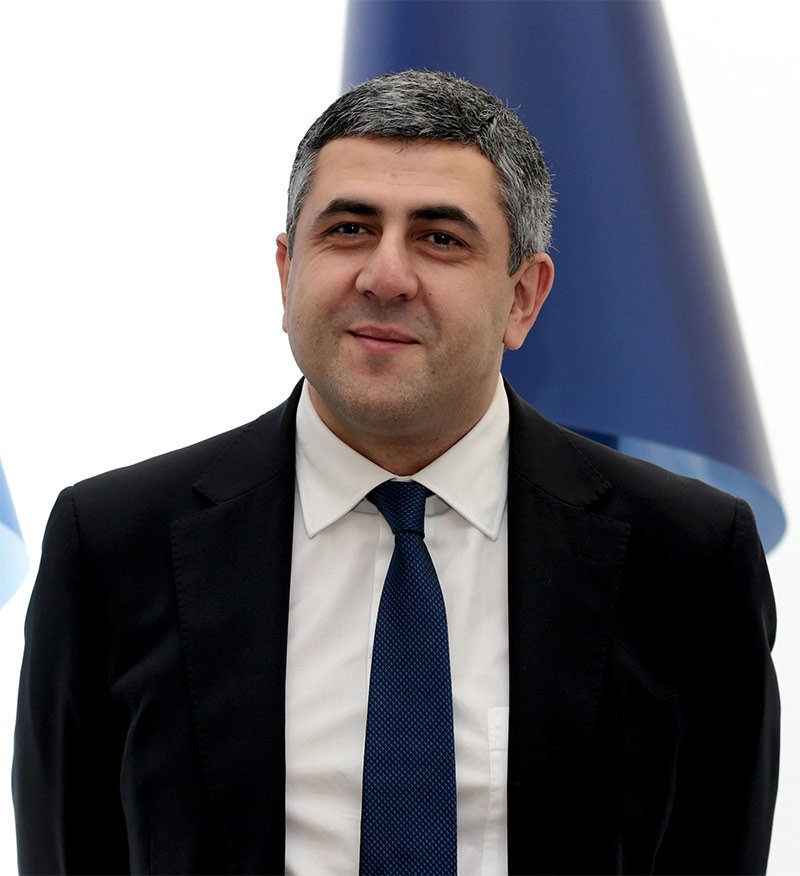
Tourism can help us build a better future for everyone. Around the world, the tourism sector is the leading source of employment, supporting many millions of jobs and driving economies forward, both at the local and the national level.
At the same time, it is a catalyst for equality and inclusivity. In many places, tourism employment gives women, young people and those living in rural communities the chance to support themselves and their families and to integrate more fully into wider society.
The true potential of tourism, both as a creator of jobs and as a driver of equality and sustainable development, is only just being realized. Providing decent work opportunities and contributing to developing professional skills are at the heart of this. Well managed, the continued growth of our sector will encompass countless opportunities and allow tourism to live up to its global social responsibility to leave no one behind.
Not one single economic, social or human activity prospers in isolation. For this reason, governments and stakeholders from the public and private sectors are increasingly working together to manage tourism in a responsible and sustainable manner and to ensure its enormous potential is properly realized.
Just as new technology is changing the way we travel, so too is it changing the way we work. Tourism is leading the way in providing workers with the skills and knowledge they need for the jobs of tomorrow. Embracing this creative spirit, including through effective collaboration with partners in the technology sector and in academia, will drive the creation of more and better jobs.
As we celebrate World Tourism Day, let us recognize the transformative power of tourism. Together, we can realize tourism’s potential to build a better, more equal future.
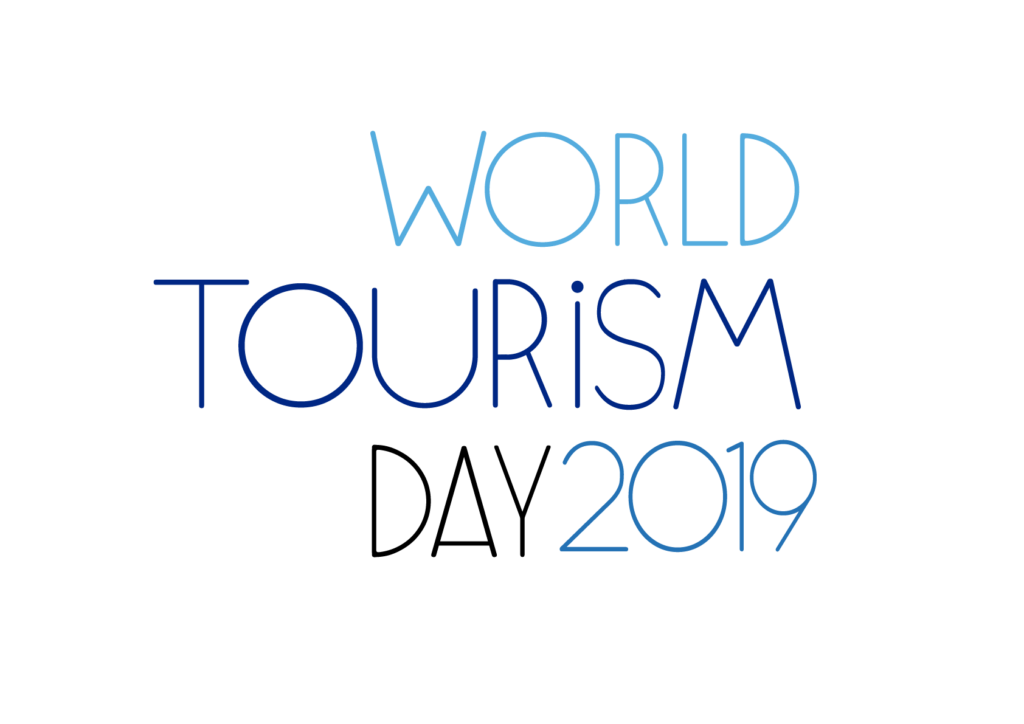
Prahlad Singh Patel, Minister of State (IC) for Tourism & Culture, Government of India
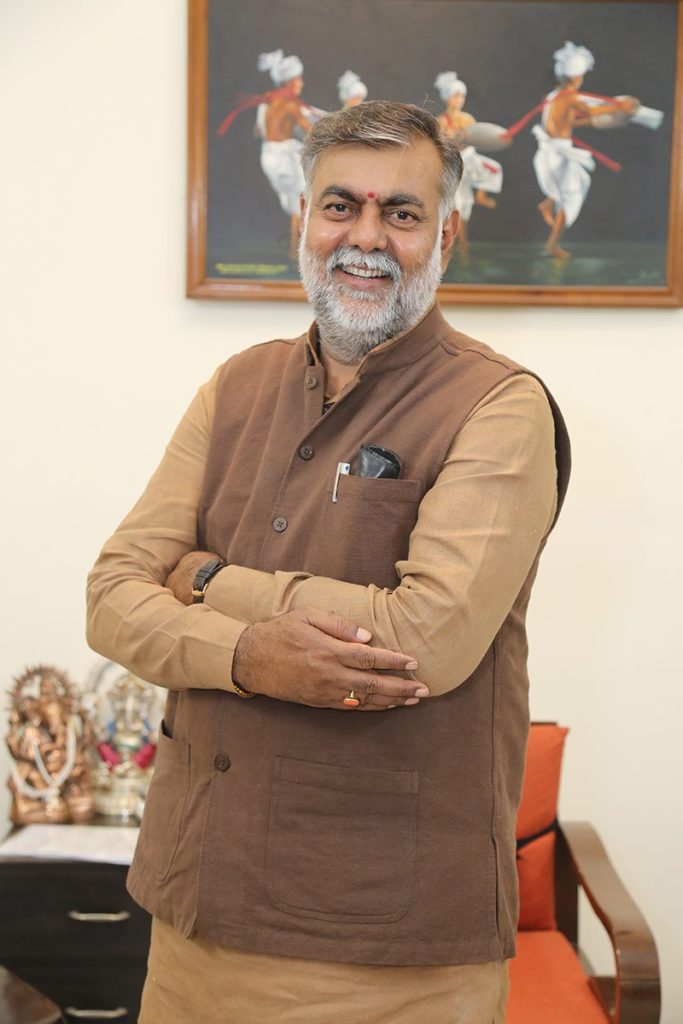
India is pleased to host the official celebrations of the United Nations World Tourism Organization (UNWTO) World Tourism Day in New Delhi. The theme of this year’s World Tourism Day ‘Tourism and Jobs: A better Future for All’ is highly appropriate as tourism is extremely labour intensive and significant source of employment for many global economies. Tourism is one such activity which extends to various other sectors and thus is responsible for creating direct and indirect employment requiring varying degrees of skills and allows for quick entry into the workforce for youth, women and poor. The tourism sector, therefore, is not only an engine for economic growth but also an effective tool for poverty alleviation among the marginalised segments of the society.
We believe that the development of tourism is directly linked with community development. We want the local population to benefit from the development of tourism in their region and for this, we should focus on the development of soft skills among the locals.
In the process of job creation, let us ensure that our strategies for the development of tourism are not in conflict with the environment and have a minimal negative impact. When we talk about sustainability we should not only talk about conservation of resources but also our culture and heritage, which we have adopted in India through our Sustainable Tourism Criteria.
On behalf of the Ministry of Tourism, I would like to express my gratitude to UNWTO for choosing India as the host for this year’s World Tourism Day I am hopeful that together with the experts from tourism field, we will be able to highlight the challenges and opportunities of employment in Tourism sector and find solutions to the issues of employment in Tourism.
I look forward to receiving you in New Delhi!
Source: Voyages Afriq
Highlights from 62nd UNWTO CAF Meeting
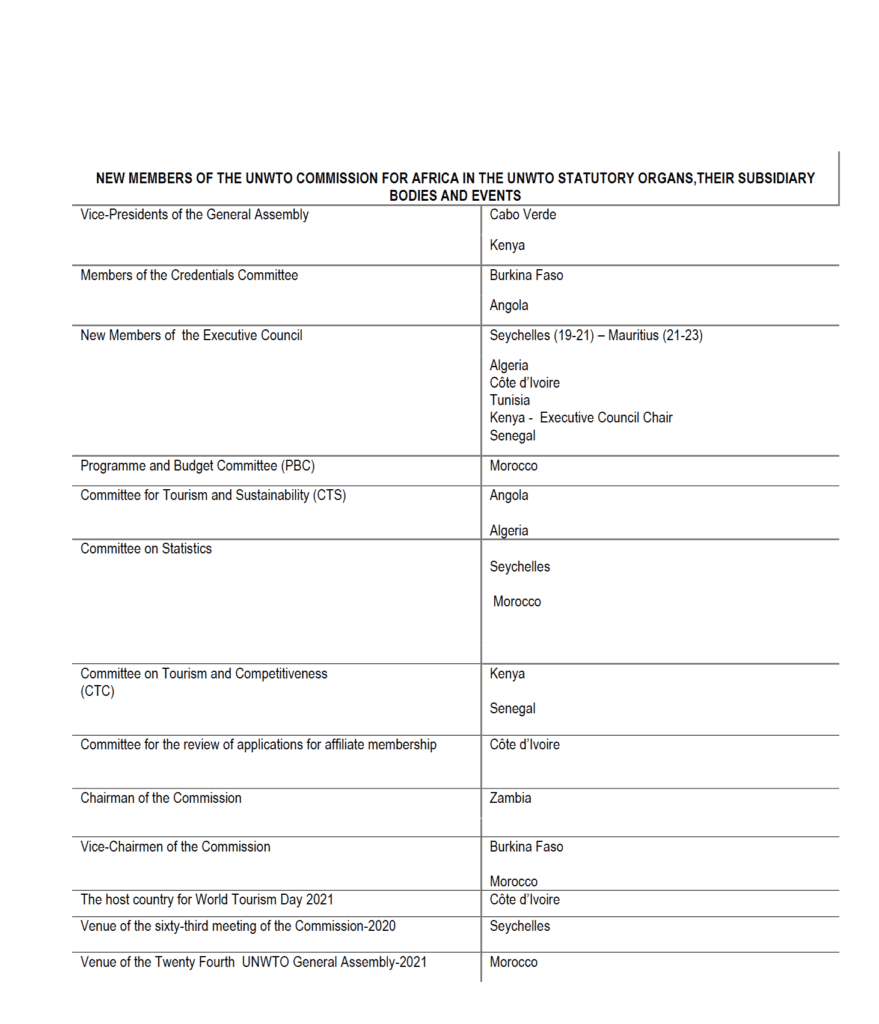
Source: Voyages Afriq
Year of Return: The Du Bois-Padmore-Nkrumah lecture series held in Accra
By Hafsa Obeng, GNA
Accra, Sept. 20, GNA – The Ministry of Tourism, Arts and Culture and the Du Bois Centre in collaboration with the Ghana Tourism Authority has held the Du Bois-Padmore-Nkrumah lecture series in commemoration of the “Year of Return”.
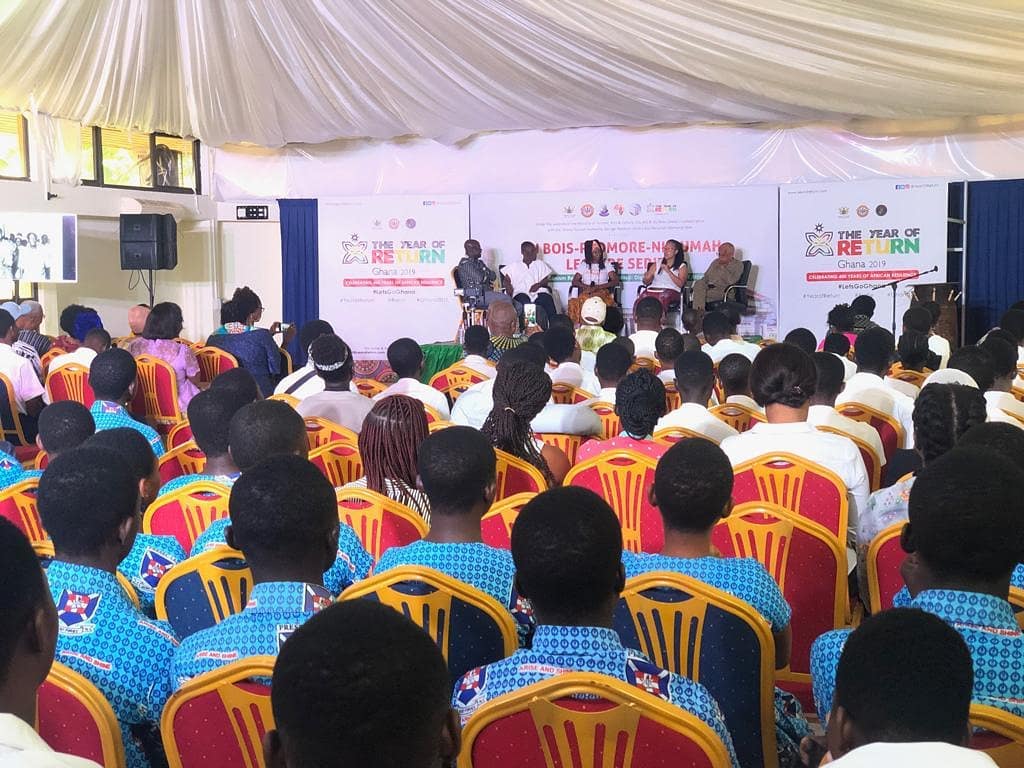
The annual event, which was also in collaboration with the George Padmore Library and the Kwame Nkrumah Memorial Park, was to mark the achievement of political heroes who helped in the struggle against colonisation.
The lecture on the theme “Pan Africanism, reflections on resistance; dignity in the face of atrocity”, is also to commemorate the death as well as celebrate the achievements of political activists across the African continent.
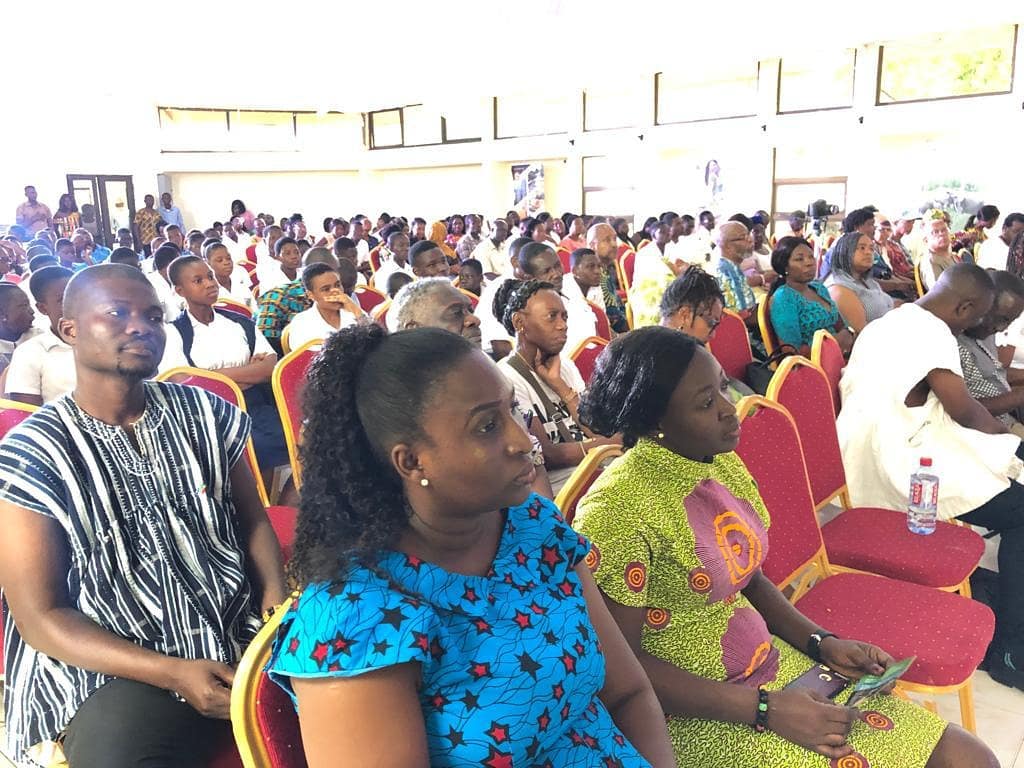
Dr Ziblim Bari Iddi, Deputy Minister of Tourism, Arts and Culture, said the Ministry considered this year’s lecture as special because it coincided with the “Year of Return”, which was a flagship programme of the Ministry.
He said over the years the lecture had created an international platform for intellectual discourse on insightful selected topics to advance the promotion of Pan-African independence.

Dr Bari Iddi said the broad base Pan African ideology and movement could be considered as one of the universally organised sustained forms of black resistance that was established to counteract the European control, dominance and exploitation of black people.
He said the movement begun originally as a reaction of the Negro world against centuries of domination and humiliation by the white race. It was also an intellectual and political movement to liberate Africa from colonialism, establish a cultural union between Africa and their counterparts in the diaspora.
The Deputy Minister said Pan Africanism as described by researchers was a concept that stressed spiritual unity of black people upholding their right to self-determination and the need to be treated with dignity as the equals of the other races in all parts of the world.
He noted that human dignity was considered as sacrosanct because it was the main philosophical foundation of human rights as expressed in the charter of the United Nations, the united declaration of human rights and many other documents.
“The concept of human dignity is meant to distinguish human beings from other related species, animals and underlines the uniqueness of human beings among all creatures. We have free will, individual autonomy and capability of independent decision making, based on reasoning and free moral choice.”
He mentioned that “it is rather unfortunate that after we have fought for our freedom from colonial rule, Africans are still engaging in practices that violate human dignity, which includes torture, rape, social exclusion, labour exploitation, bonded labour, kidnapping among others.”
Dr Bari Iddi however assured of government’s commitment in ensuring that those who engage in such practices were severely punished, expressing the hope that participants after the lecture would be well informed and enlightened to contribute their individual and collective effort to bring positive change in their societies.
Mr Akwasi Awua Ababio, Director of Diaspora Affairs, Office of the President, said on the tripod of Dubois, Padmore and Nkrumah sat the fundamental belief in the whole concept of Pan Africanism as well as the responsibility owed the nation towards the African community as a whole in making sure that Pan Africanism lived to give us the dignity that we search for.
“It is a recognisable fact that we have recognised the need to give ourselves that dignity that we really deserve, but we have to do all the things that we have to do, and invite all lost ancestors, lost through slavery and civilization.”
Reverend Reuben Kwasi Kwadzofio, Director, W. E. B Du Bois Centre, said Pan Africanism emerged at the end of the 19th century as an idea and later served as a tool of resistance to slavery, imperialism, colonialism, and racism.
He said it was important to note that pan Africanism was not just a mere idea of onset of philosophy or ideology, but a formidable force and indomitable spirit that united and gave people of African descent, identity, fortitude and vision.
Congressional leaders and Black Caucus mark 400th anniversary of slavery in Kente
Members of Congress observed the 400th anniversary Tuesday of the arrival of the first enslaved Africans in America at a time of renewed interest over the history of slavery and its continued impact on contemporary society.

Questions about income inequality, reparations for slavery and other issues from the nation’s history of enslaving people are spilling into politics and culture with a reckoning not seen since the Civil Rights era.
The Republican leader of the House, Rep. Kevin McCarthy of California, said slavery in America led to “many shameful moments” in the country, including in Congress.
Senate Majority Leader Mitch McConnell, R-Ky., did not attend the ceremony but said as he opened the Senate that slavery was in many ways the country’s “original sin.”
McConnell’s own family history came under question earlier this year after it was revealed his ancestors reportedly owned slaves generations ago. On Tuesday, he said, while progress has been made, “change has come too slow.”
Speaker Pelosi and CBC delegation tour historic sites in Ghana
Pelosi called for passage of the Voting Rights Act, legislation that is part of a package of House Democratic priorities for Congress, ahead of the 2020 election.
Rep. Karen Bass, D-Ca., the chairwoman of the Congressional Black Caucus, called on colleagues to examine and embrace all parts of the nation’s history.
Congressional Black Caucus delegation lay wreath at Nkrumah park to mark 400th anniversary
“We are so fortunate to live in this amazing country with our incredible history,” Bass said.
“All of our history is what makes this country a great country,” she said, and encourages all Americans to contribute to the “fight to build a more perfect union.”
Source: Myjoyonline
GTA Trains Informal (Chop Bar and Drinking Bar) Operators in Kumasi
Ghana Tourism Authority takes nationwide training for informal sector operators to Kumasi, Ashanti region.
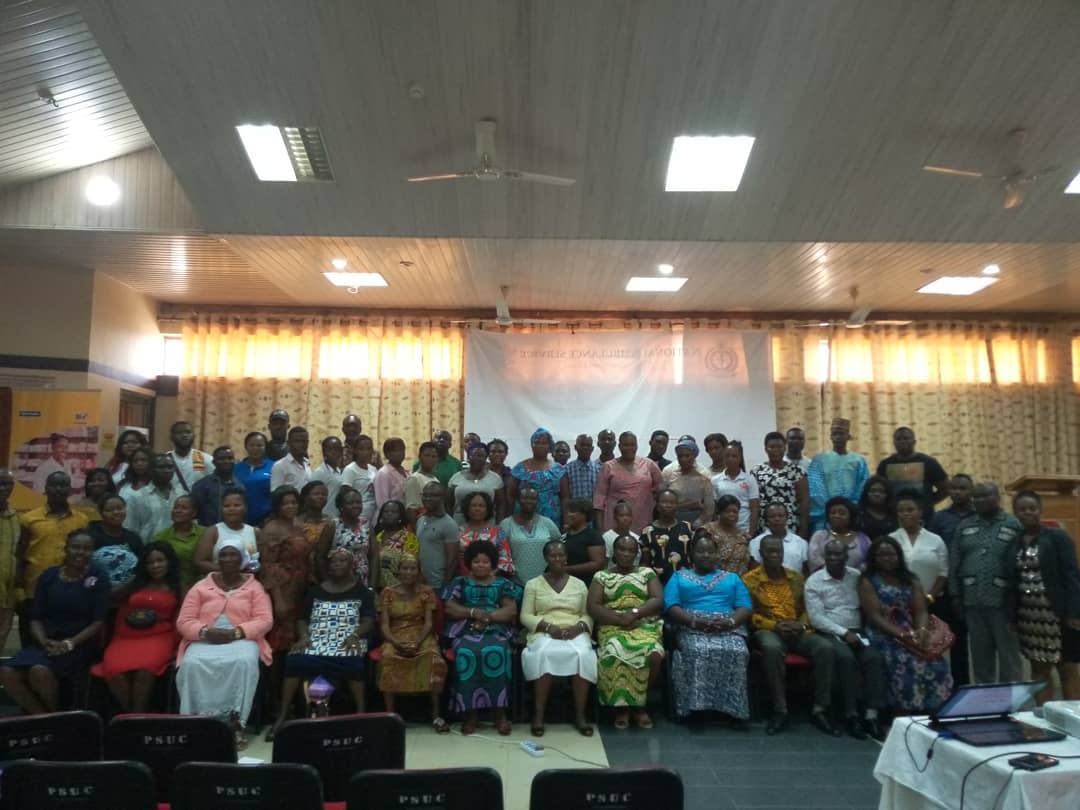
Ninety-two operators from within the Kumasi vicinity participated in today’s sensitisation which covered areas such as food hygiene, food safety laws, tourism Levy payment via partner banks Consolidated Bank Ghana (CBG), Agricultural Development Bank and telco MTN Ghana
On the day also, CBG in partnership with MTN Ghana outdoored the Mobile Money platform has been for remittance of Tourism Levy into the Tourism Development Fund. All our informal sector operators should kindly follow the instructions on the photos.
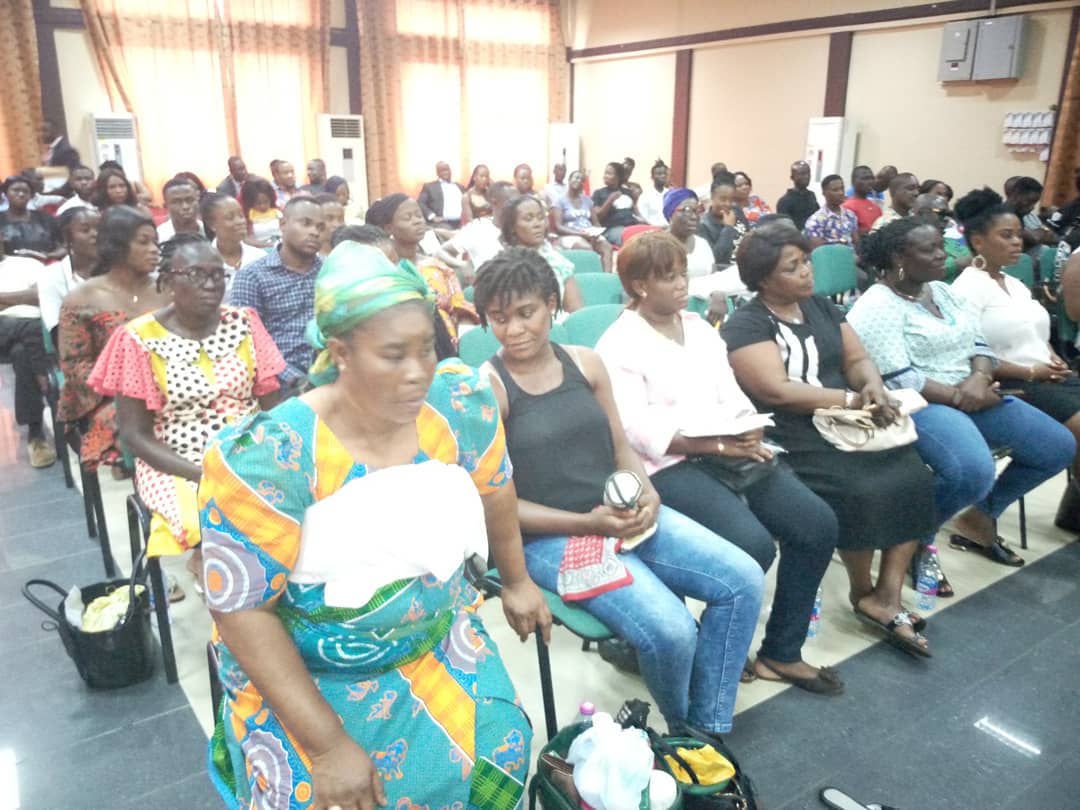
For the Ghana Tourism Authority regards the informal sector comprising the chop bar, drinking bar operators, food vendors and snack bar operators as key players in our quest to develop the sector. The program was held at the Public Service Workers Union Centre.
The training and Sensitisation is expected to continue in Sunyani and on Wednesday, September 11, 2019.
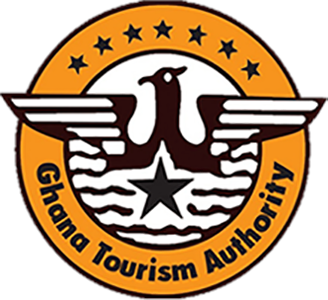

 Call Center
Call Center
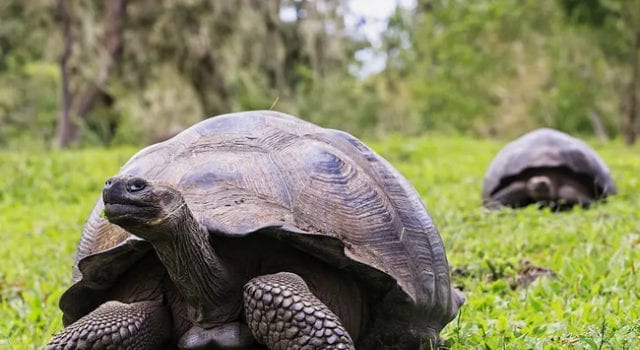
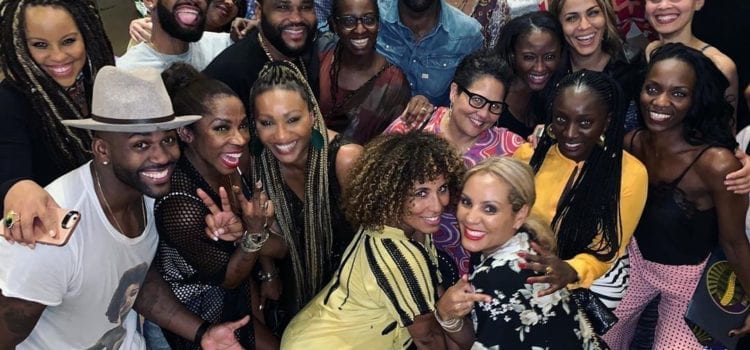
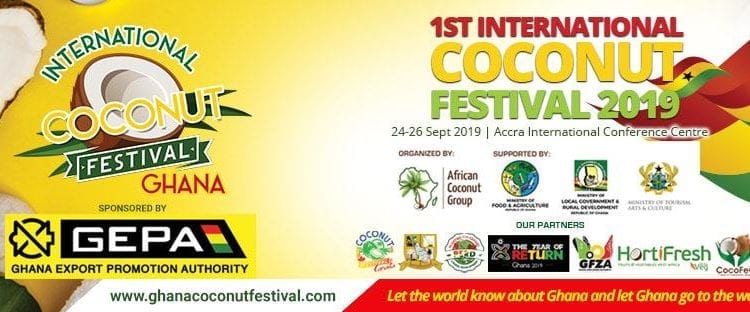
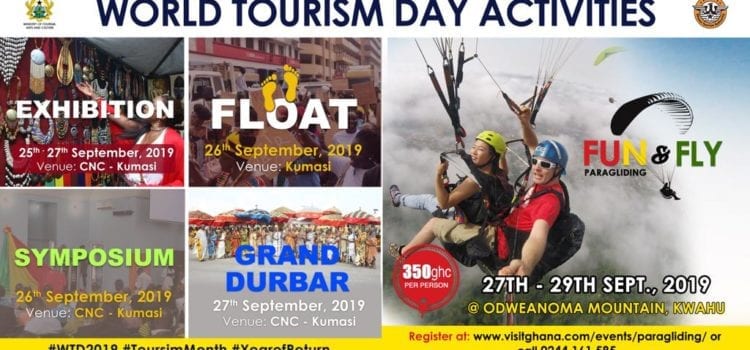

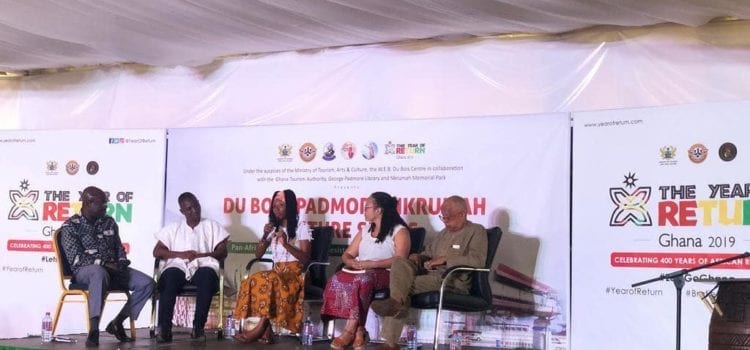
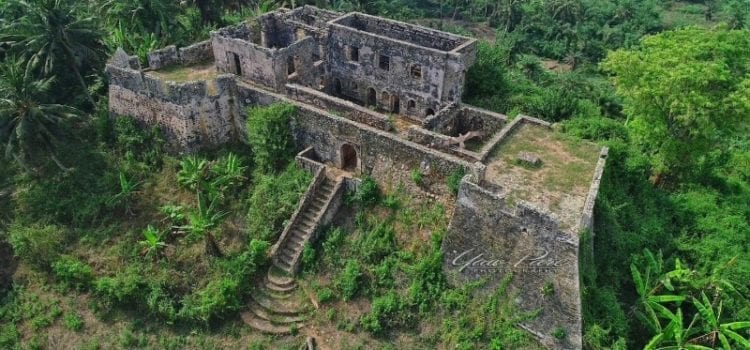
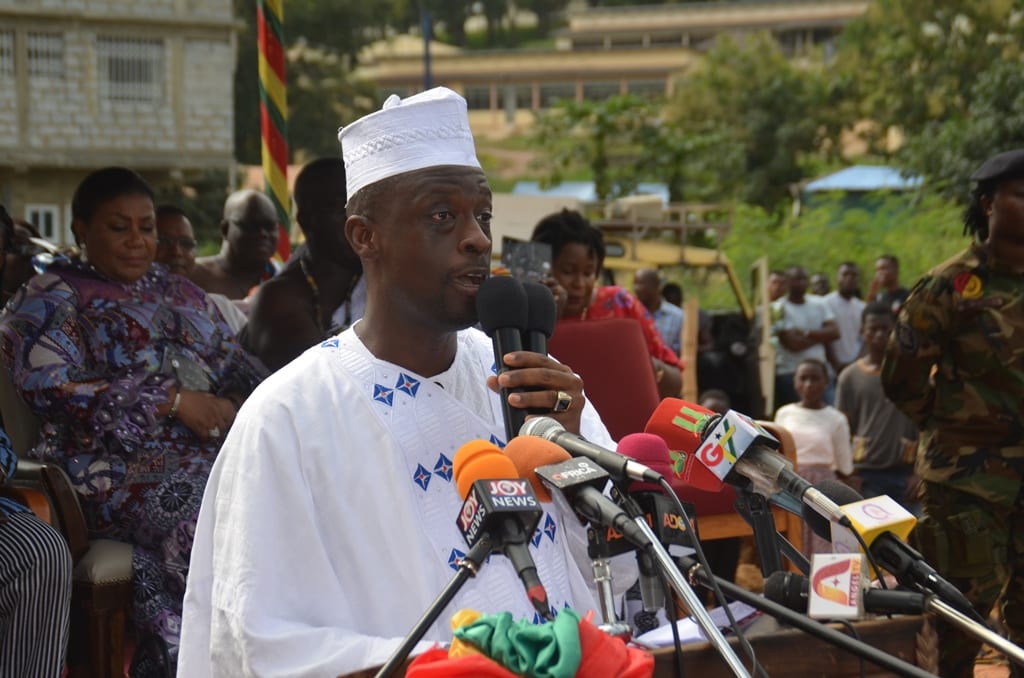

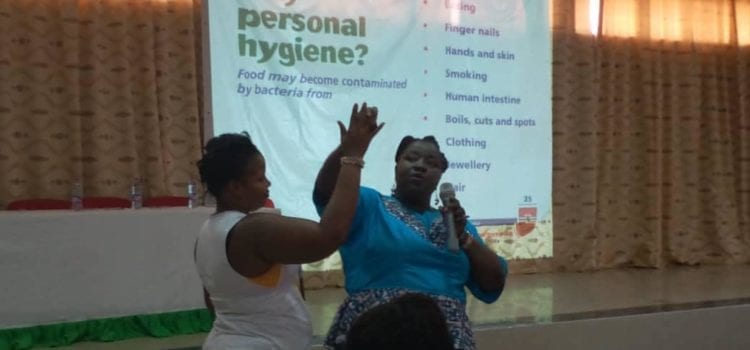
 Call Center: 0307007100
Call Center: 0307007100